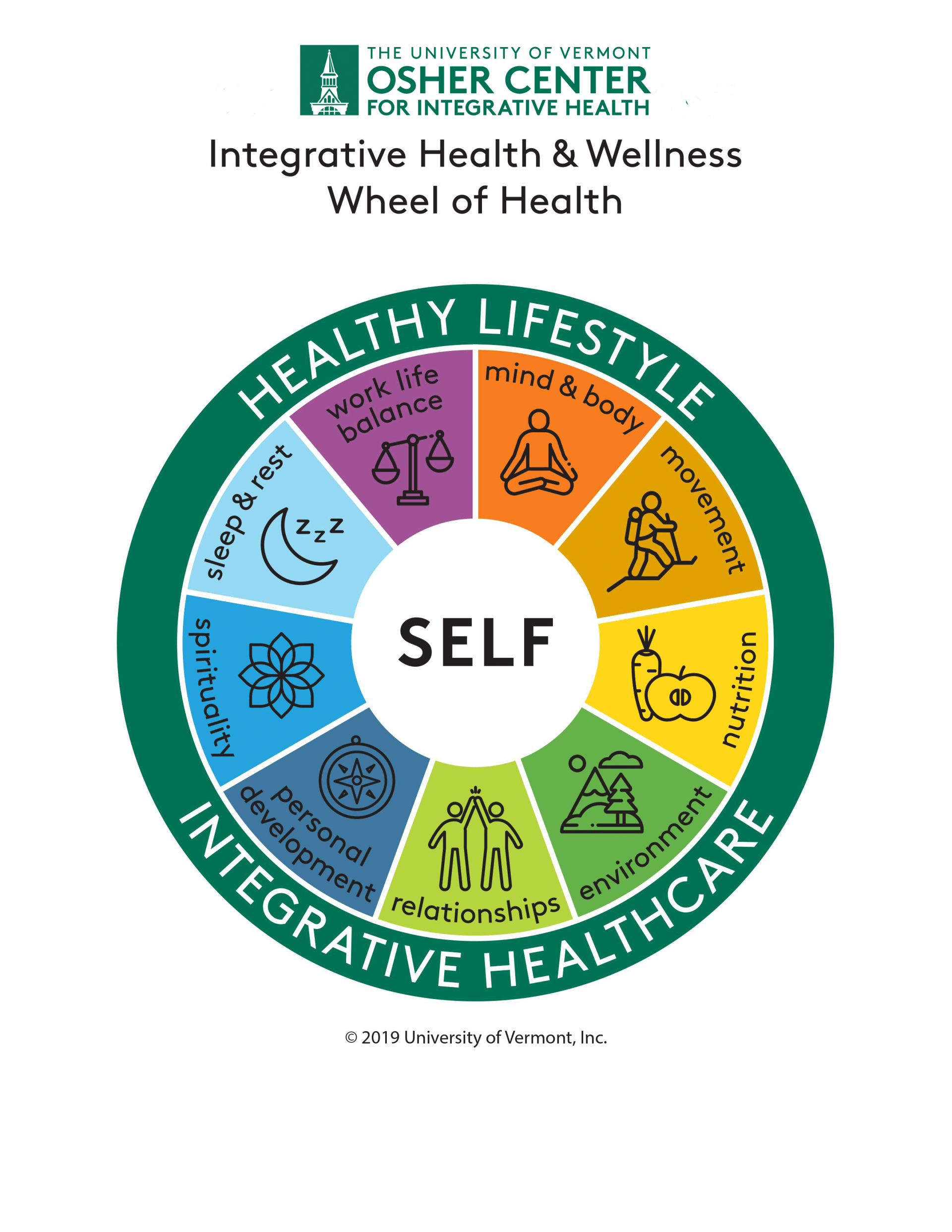PLHC Wellbeing Statement
Grounded in the values of the Patrick Leahy Honors College (PLHC), wellbeing programming and coaching is foundational to our architecture of community and student support. Our community wellbeing vision defines student support holistically and systemically and is central to our advising approach. Wellbeing efforts are led by Associate Director for Wellbeing, Martha Lance, nationally board-certified coaches, members of the advising team, and student leaders.
The PLHC nurtures a community of care by centering the wellbeing of students, faculty, and staff, in the places where they live, work, and study. The Honors College provides a holistic vision of wellbeing and healthy habits for life-long thriving. Wellbeing in the Honors College is a rigorous intellectual, social, physical, and mental pursuit via an ecological approach to ensure flourishing at both the individual and community levels. PLHC identifies and attends to the specific and unique needs of underserved students. Fundamental to our efforts is an underlying ethic of care that unites learning, wholeness, resiliency, and wellbeing.
PLHC Wellbeing Values
- Wellbeing defined holistically and systemically
- Awareness of the social and environmental determinants of wellbeing
- Mutual care for the wellbeing of others
- The encouragement of healthy habits
- Health viewed ecologically at both the individual and community levels
- A conception of wellbeing as relationship based
- Connecting learning and productivity to wellbeing
- Recognizing that formal and informal networks of support contribute to wellbeing
- Reliance on evidence based best practice and theories
- Recognition that we as a community and as individuals are agents in promoting planetary health
According to the World Health Organization, health promotion focuses on “the process of enabling people to increase control over, and to improve, their health.” A community of care that promotes health focuses on both individual behavior and a range of arenas that include social and environmental conditions. We strive to proactively increase individual and community health and reduce factors that negatively impact us.
A guiding document for the PLHC wellbeing initiative is the Okanagan Charter (2015) and its declaration that “health promotion is not just the responsibility of the health sector, but must engage all sectors to take an explicit stance in favor of health, equity, social justice and sustainability for all, while recognizing that the well-being of people, places, and planet are interdependent.”
Guiding Principles of PLHC’s Wellbeing Initiative
- Wellbeing is embedded into all aspects of the PLHC culture
- Ethical Practice
- Collaboration, inclusion, and evidence-based practices guide our programming and wellbeing coaching
- Coaching for Wellbeing is student driven
